It’s all about politics, apparently: “oppressive political regimes, torture, capital punishment, non-violent political action, and martyrdom.”
From here:
The church where I served as student minister has a number of very large stained glass windows: Christ with the children, the women at the empty tomb, and a rather lurid depiction of Christ on the cross, featuring a great deal of purple and agony. My son was three years old while we were at this particular parish and, of course, he loved that crucifixion. As a result, we (or rather, my husband and son, as I was generally otherwise occupied at church) talked quite a lot about Christ’s death, conversations that naturally (for my husband and son, at least) became conversations about oppressive political regimes, torture, capital punishment, non-violent political action, and martyrdom. Holy Week is not for the faint of heart.
According to the Rev. Rhonda Waters, the “good news of God’s Kingdom” is not that Jesus bore our sins on the cross, suffered the wrath of God on our behalf, reconciled us to God the Father and ensured that we would live with him in eternity. No, that is far too trite; instead Easter invites us to confront the really profound truths that the “world is a deeply loved and loveable place”. Non-transcendent Christianity at its finest:
Jesus still taught the radical good news of God’s Kingdom because the world is not a hopeless place. In fact, the world is a deeply loved and loveable place, and Holy Week invites us to confront the depth of both of these truths.
As is so often the case with vapid Christianity, the pageantry is the only part that remains intact – even the Resurrection, although I suspect it signifies something different to the author:
As Christians, we need to experience Holy Week in its fullness—and we should include our children in that journey. By participating in Palm Sunday, Maundy Thursday, Good Friday, the Easter Vigil, and finally the Feast of the Resurrection on Sunday morning.
Although Jesus’ death was at the hands of the Romans, the instigators were the religious authorities of the day – an unpalatable truth for Waters, probably because, given the opportunity, the religious establishment would do it again. So the villain was empire building:
empire will go to horrifying lengths to preserve itself


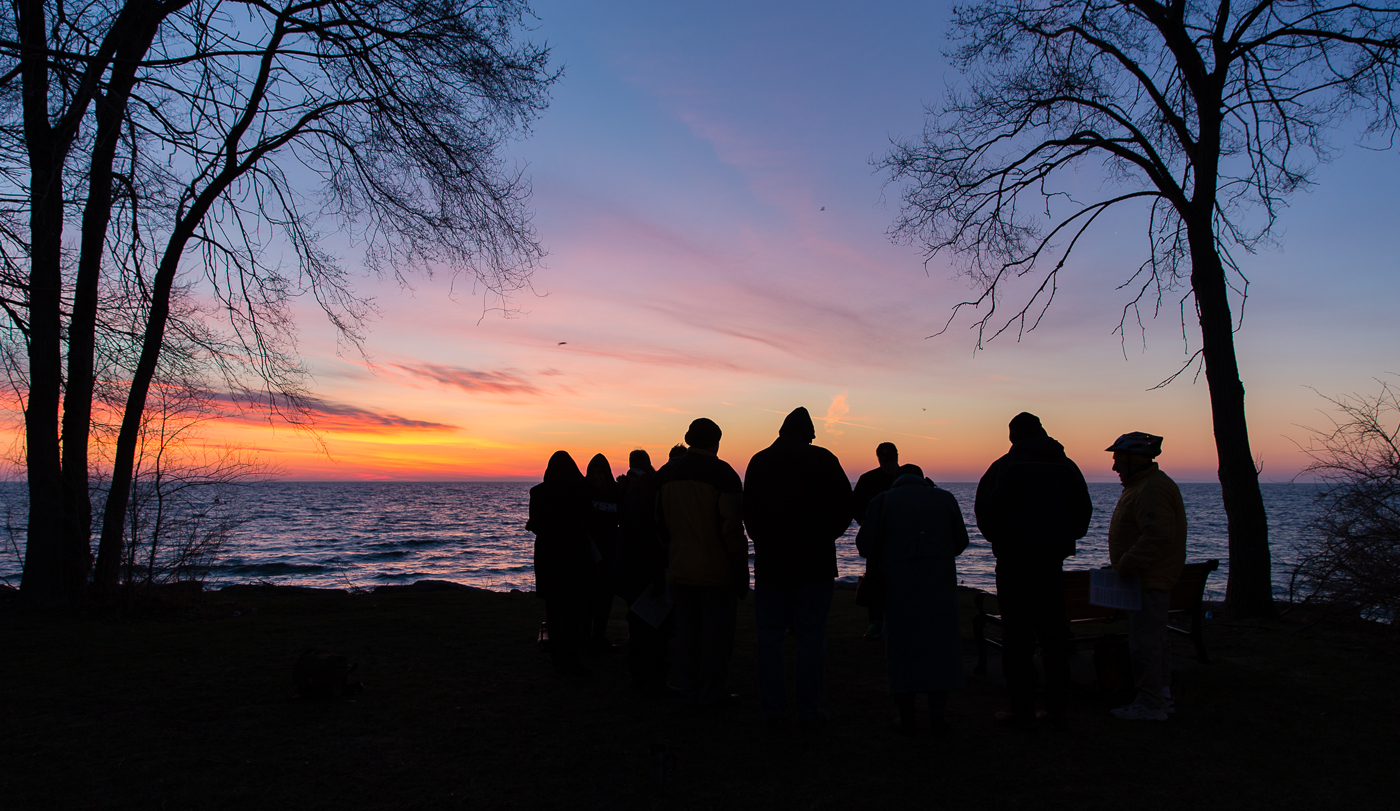
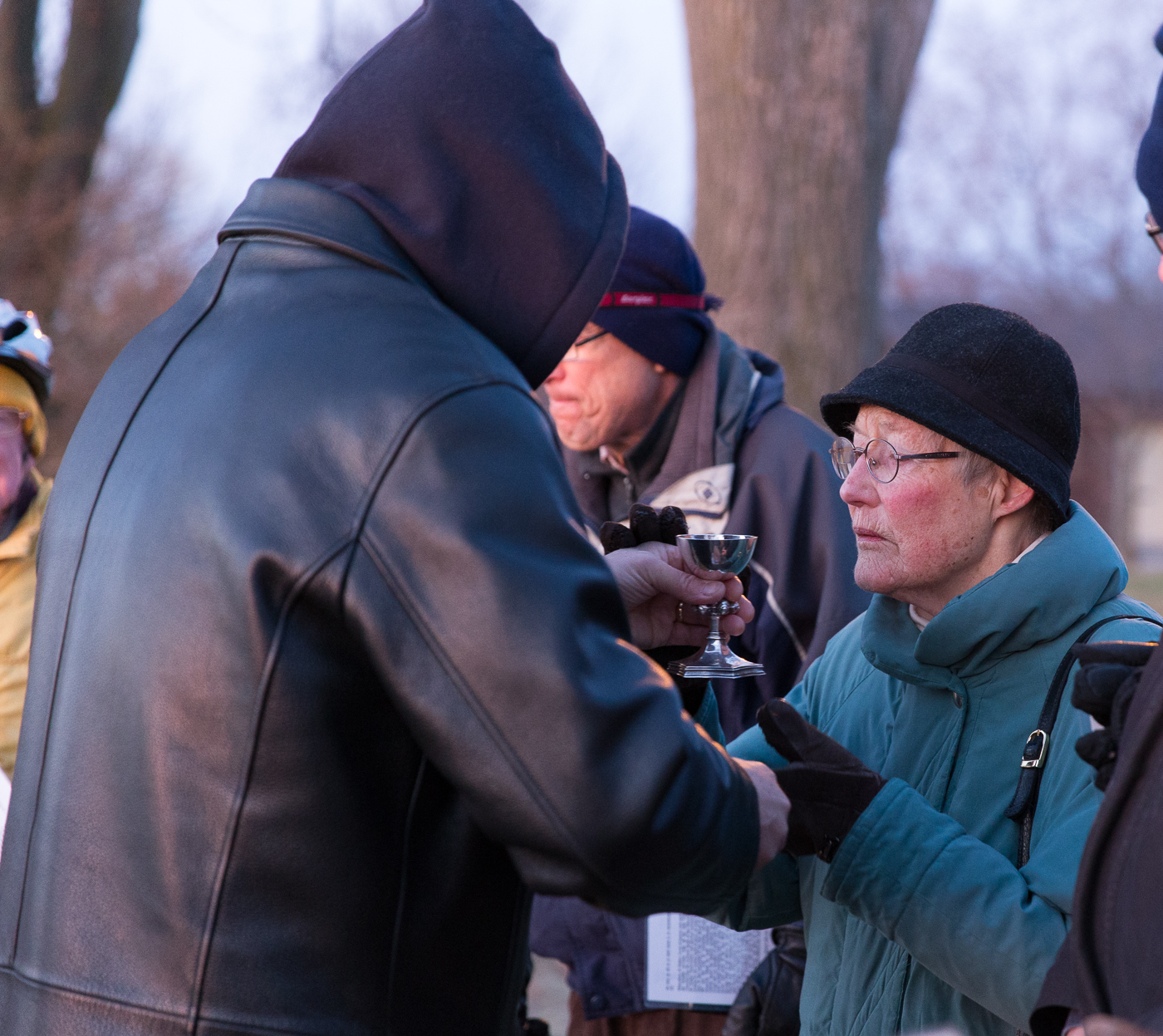
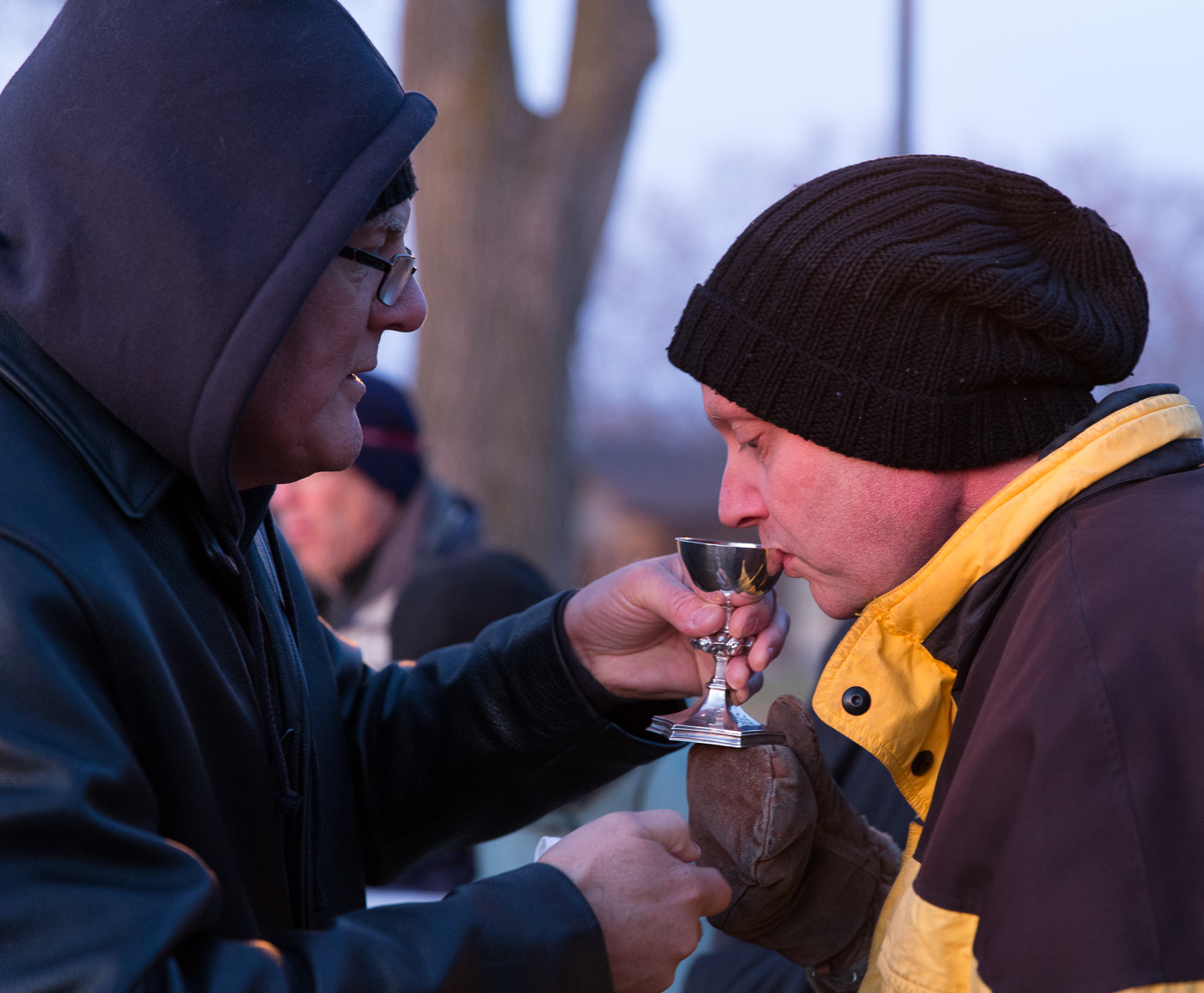
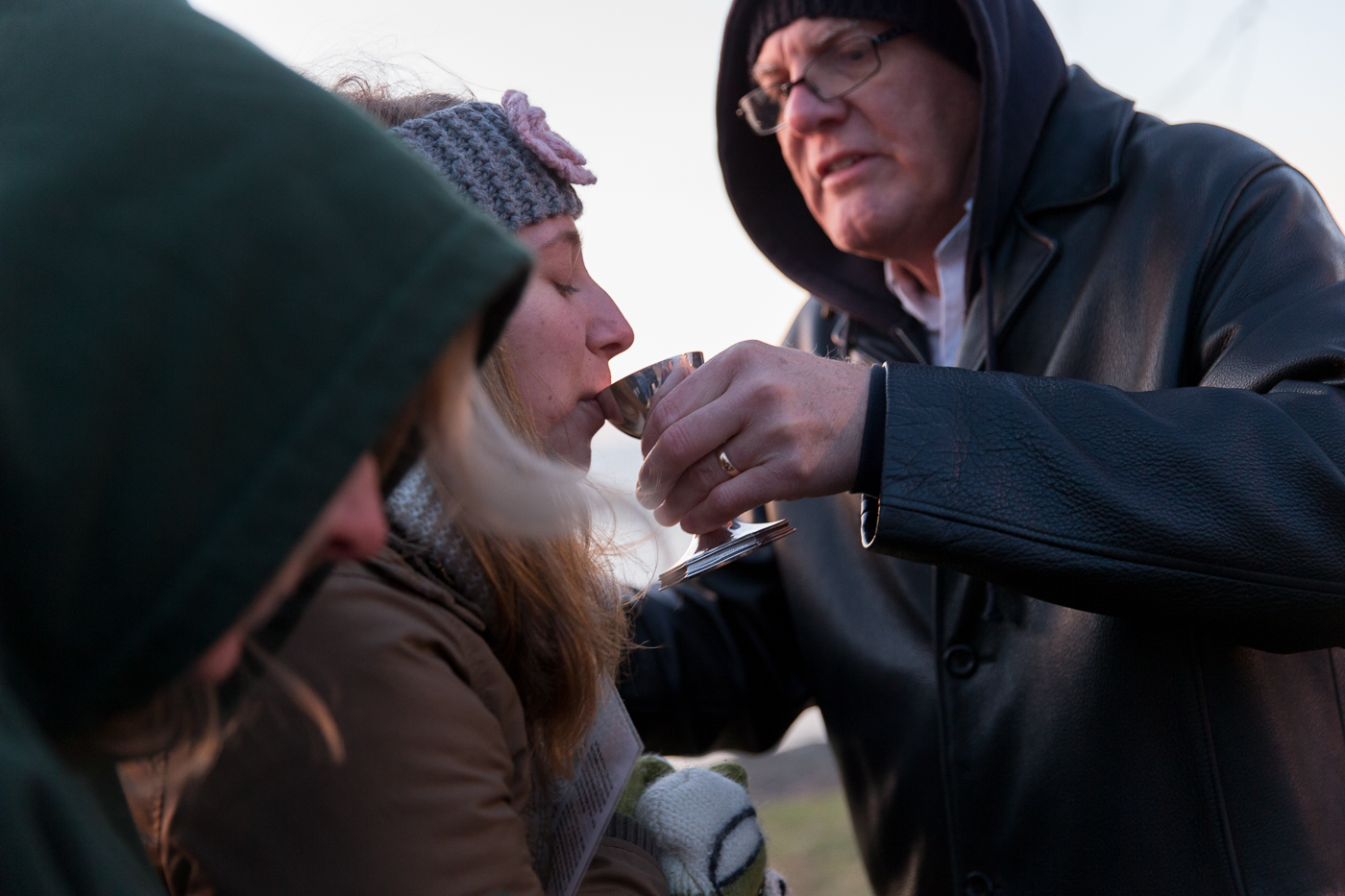
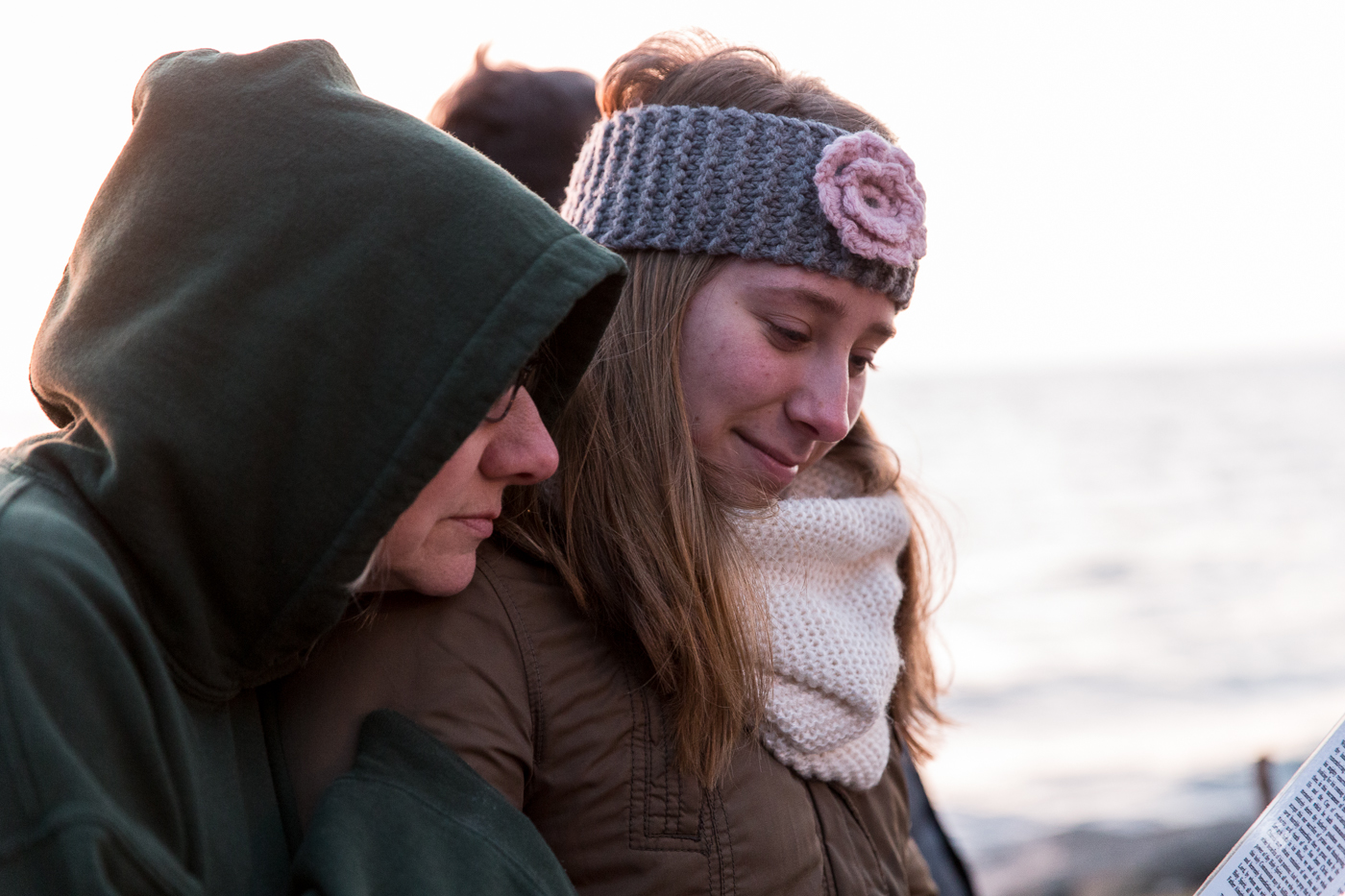
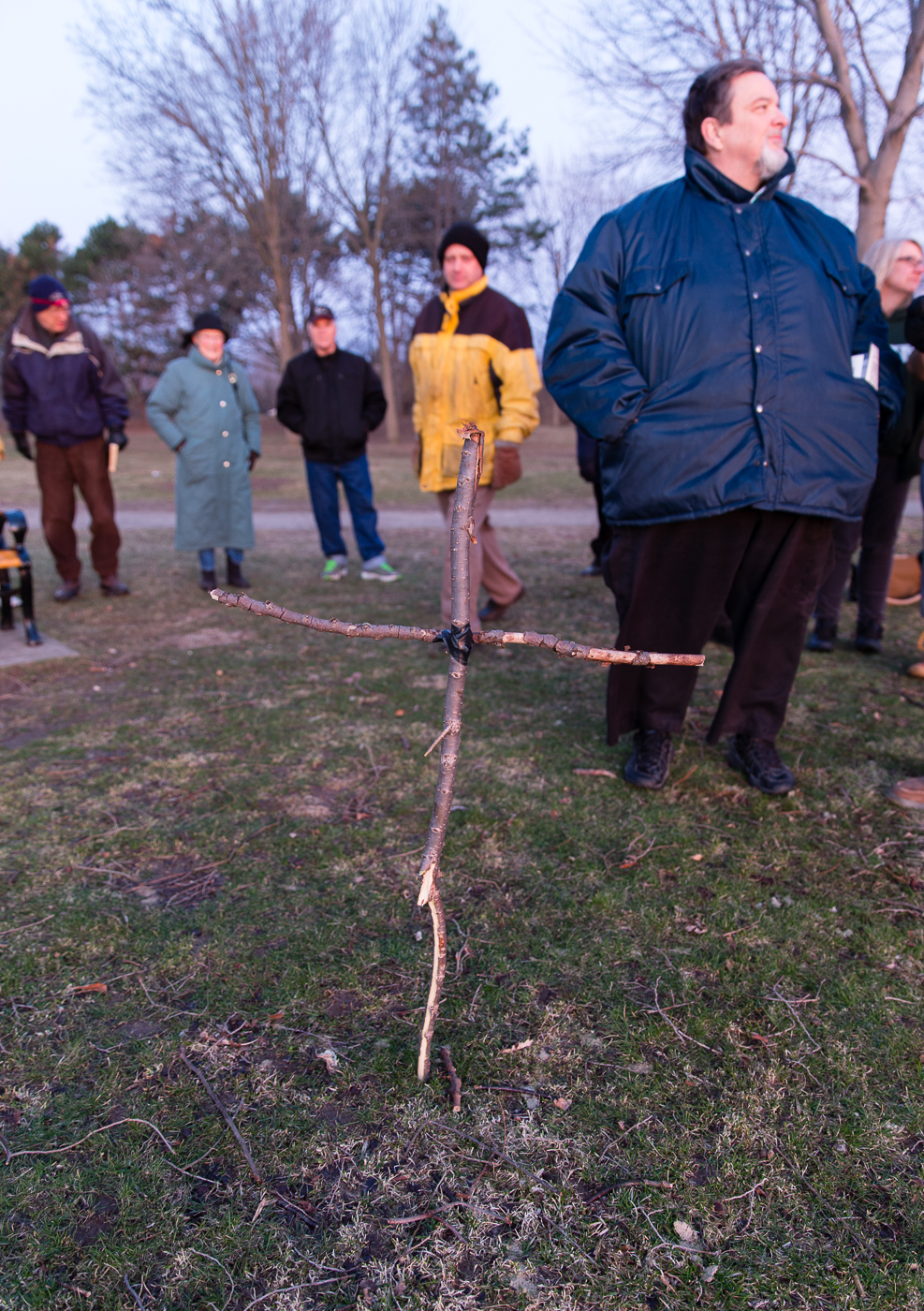




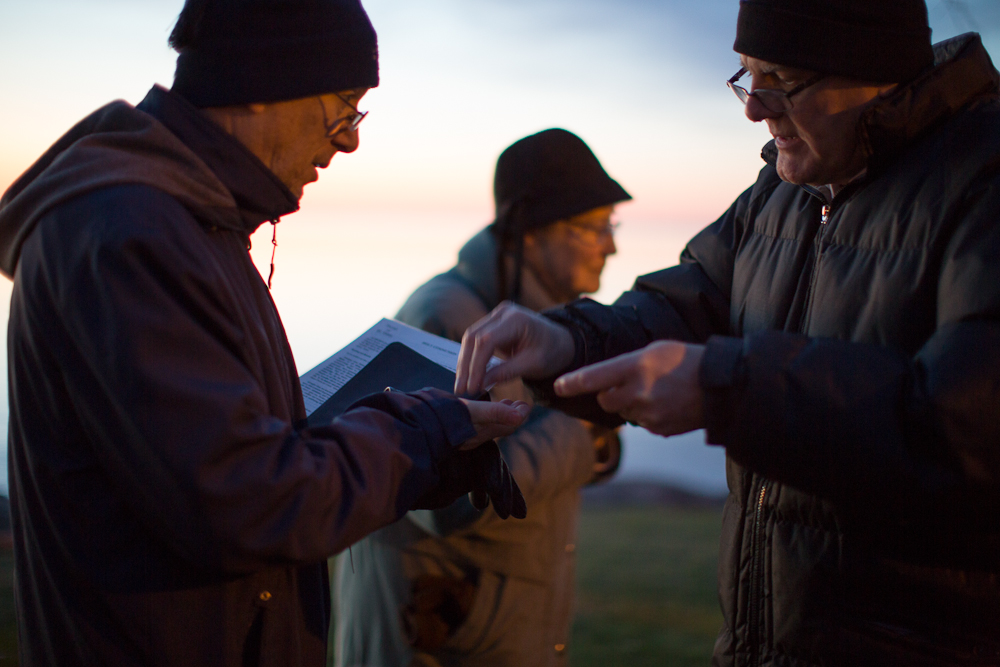


 To celebrate Easter, Father Phil Ritchie recommends staying in bed, eating chocolate and copulating – because going to church isn’t “cool and funky”; whether this has to be done simultaneously is unclear.
To celebrate Easter, Father Phil Ritchie recommends staying in bed, eating chocolate and copulating – because going to church isn’t “cool and funky”; whether this has to be done simultaneously is unclear.